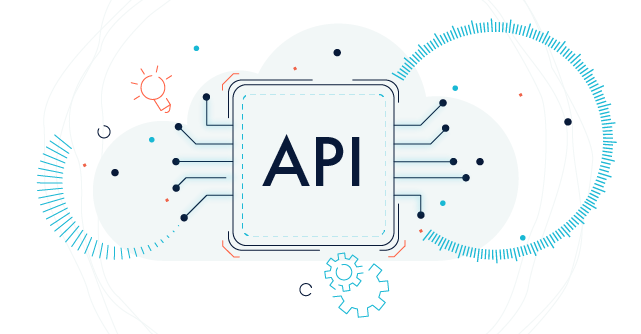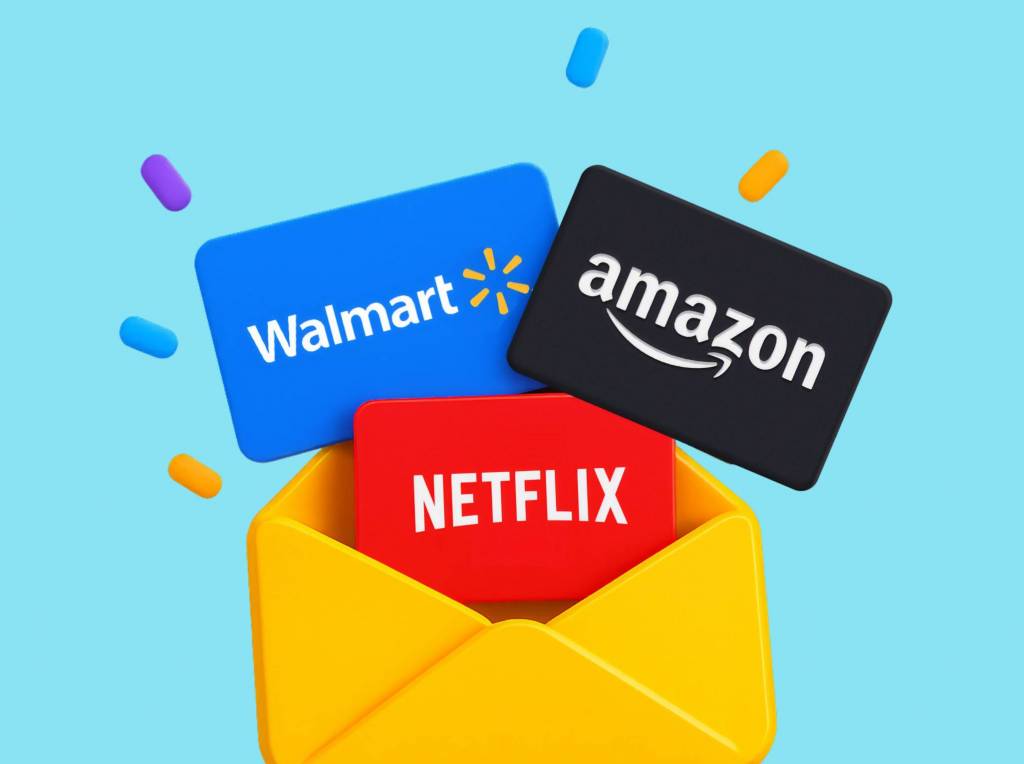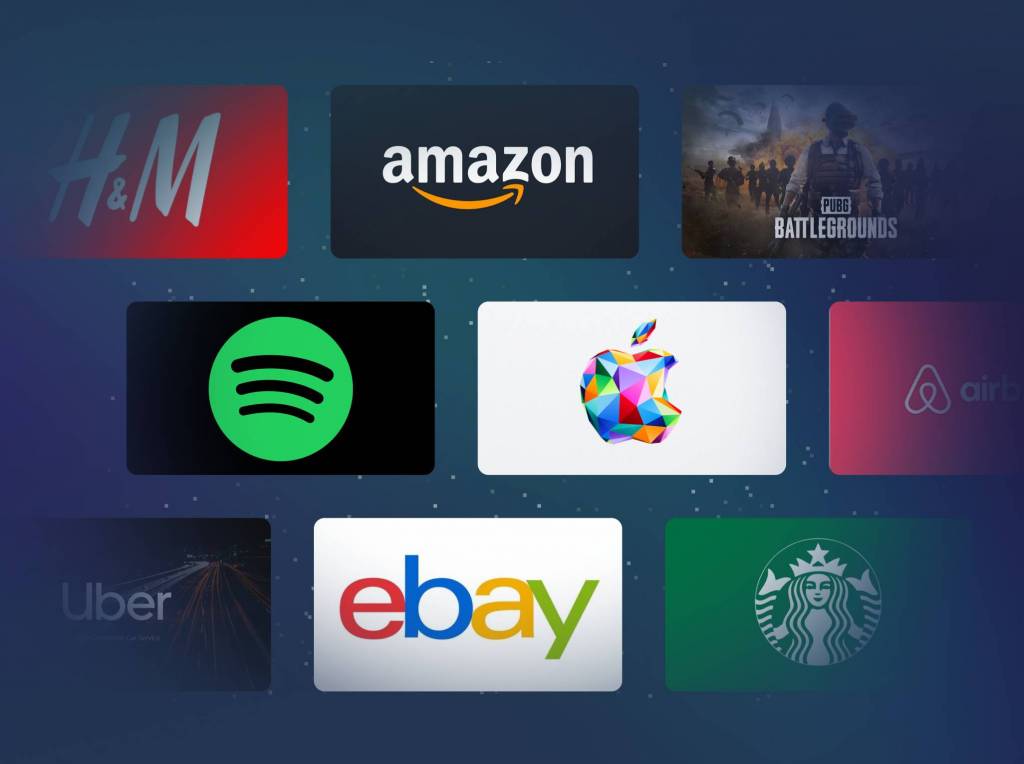Today there are APIs accelerating innovation across diverse sectors in ways we never dreamt possible. They enable companies to stand out, stay competitive and cut costs by providing new platforms to build out innovative services.
Just a few sectors experiencing the disruptive effects of how APIs accelerate innovation are:
- Telecommunications through airtime APIs
- Academia and marketing agencies through reward (airtime and gift card APIs)
- The energy and utility sector through utility and bill payment APIs
- Fintechs through airtime and gift card APIs
- E-commerce businesses through data charge APIs, airtime APIs and gift card APIs
- NGOs through airtime APIs
In 2022, integrating the right APIs for the right industry will become crucial for unlocking digital transformation in legacy business models across a variety of global industries and geographies.
At their heart, APIs enable interconnectivity, collaboration and innovation in much more efficient ways, especially by aggregating multiple digital services in one place. In the recent past, businesses mostly focused on linking internally for operational efficiency, or by creating their own networks with providers.
Now, with dynamic customer and market demands requiring swift products and service deployments, organizations have been forced to find ways to seamlessly link with external parties to harness resources and build better digitally linked business services.
Rather than expending energy and resources writing new codes to develop products from scratch, connecting with a multitude of vendors and collecting market data to innovate, companies can now share and access aggregated resources through a plug-and-play API gateway.
The result is a kind of innovation magic of the 21st century, stemming from the API’s ability to allow software to ‘talk’ with one another. This new kind of communication and collaboration between company’s software and resources equip businesses to share data and infrastructure to deliver superior consumer services with little or no marginal costs, a revolution to digital businesses that promise to continue to unlock yet-more unseen innovation in the years to come.
To start off, let’s look into exactly how APIs help enable innovation across industries. However, if you’d like to jump ahead to view the top APIs accelerating innovation, please click here.
[Looking to integrate an API in order to build innovative services in your industry? Reloadly offers a variety of APIs that have helped companies create new services in the telecommunications, fintech, social media, NGO, e-commerce and other industries. Contact our support team to learn how you can start using our no-contract platform.]
Building Borderless Business: The Value of APIs Accelerating Innovation
McKinsey, a global management consultancy, estimates the API industry will generate an estimated $1 trillion in profit by 2025, mostly by enabling a borderless ecosystem of integrations.
With the proven potential of APIs to increase efficiency, revenue and competencies via reusable and interoperable data and infrastructure, APIs can transcend the domain of simple IT tools into key components of business strategy by enabling genuine acceleration.
The IBM Institute of Business Value report (2016) titled, Innovation in the API Economy: Building winning experiences and new capabilities to compete, stated that well-designed APIs provide organizations with data and infrastructure for rapid innovation, open up new market opportunities and strength global and regional partnerships.
Moreover, the value of an API for businesses is not confined to the organization alone; developers and consumers benefit from this powerful software as well.
Below are 3 of the top ways an API can help introduce innovation to your business.
1. Improved UX and service functionalities
Businesses can expand their offerings to customers to increase their revenue and improve user experience. Rather than develop new solutions from scratch, organizations can rapidly tap into the resources of other providers through a single API gateway.
Uber, for instance, integrated Google’s mapping technology and Google’s public cloud for added functionality, so users could see pathways to their destination, receive directions and get estimated arrival times
Thus, APIs can become win-win solutions for every party across the value chain.
2. Expansion into new ecosystems
While APIs can help organizations address customer pain points and expand their customer offerings, they also enable them to break into new ecosystems and respond to broader market challenges.
Organizations can identify opportunities and utilize third-party service providers to enter a completely new market, even if they never considered it previously.
Such nimble expansion is facilitated by the sharing of ideas and inputs from multiple parties.
For instance, IBM , through its Watson APIs, have offered expansive services in healthcare, travel, shopping, recipe making and more
3. Increased value and improved efficiency
Organizations can increase their overall business value and efficiency with minimal costs by integrating the right kind of API.
With digital products, in particular, businesses are now able to explore multiple sales channels through reusable and automated processes. Additionally, they can reduce operation costs (as APIs are reusable), mitigate development risks, increase speed to market and ensure regulatory and ethical compliance all through an easy integration.
Common API initiatives shape these perspectives of APIs, as 58% of APIs are aimed at increasing the speed of new application development.
Top API Initiatives: Google Cloud (2020). “ The State of API Economy 2021 Report: How APIs Powered Digital Transformation in 2020—and Why They Will Be Even More Important in 2021.”
From financial services industries to healthcare, APIs can transform a variety of industries and help them to thrive by enabling optimized consumer experiences.
With the majority of IT decision-makers now viewing APIs as important value-adding conduits, businesses would be wise to identify new APIs and make them a cornerstone of their business innovation strategy.
Perspectives of APIs by IT leaders. Google Cloud (2020). “ The State of API Economy 2021 Report: How APIs Powered Digital Transformation in 2020—and Why They Will Be Even More Important in 2021.”
Importantly, the innovation process at your business starts by identifying the right API for the right business use case.
Below are some innovative ways that APIs are being used to embolden new and innovative services across the telecommunications, fintech, e-commerce, academic, marketing, non-governmental organization, and utility industries.
Airtime and Data Bundle APIs: Servicing global transfers without depending on legacy telecommunication infrastructure
Airtime APIs now easily and quickly enable the transfer of airtime to mobile phone numbers for SMS, internet and voice services across the world.
Data bundle APIs, on the other hand, enable the transfer of data bundles to mobile phone numbers.
Together, they open up new business channels with access to numerous mobile network operators that offer connections to over 6 billion mobile devices in the world, all through one endpoint.
Businesses today commonly tap into these APIs to access the global mobile market to expand a variety of offers – or create completely new ones.
Statista; Number of mobile phone users, 2021. (projections are asterisked)
There are numerous ways innovation has been witnessed from the use of airtime and data bundle APIs. Below are some of the most prevalent use cases.
Selling mobile airtime and data bundles online
In counties where prepaid mobile services are predominant, airtime APIs can enable the sale of airtime and data bundles through their websites or social media platforms, such as Whatsapp.
Offering this service marks a major shift from the norm, whereby many customers still rely on purchasing physical scratch off voucher cards, especially across the emerging world.
Notwithstanding the platform you use, you can also offer international airtime transfer services.
Using airtime and data bundles as marketing incentives
Airtimes can be used to reward buyers, incentivize engagement or reward survey participants, to name a few marketing tactics.
Airtime helps innovation in this field because Incentive delivery is a problem for many businesses. Besides the difficulty of setting up a system to deliver incentives to users across the globe, the liquidity of delivered incentives and rewards poses problems to the recipients.
Airtime incentives solve this by providing an efficient and speedy channel to people across the globe. Upon reception, airtime can then be used to pay for services or be exchanged for cash.
Airtime as money
According to a now often-quoted article from the Economist, airtime is money.
Airtime enables frictionless transfers of credit in restrictive markets, which are blocked by either poor infrastructure or unfavorable regulatory compliance demands.
In these countries, airtime (and data top-up) credits have become currencies, and are so favorable because they can be collected, stored and exchanged via airtime wallets.
In Africa, in particular, airtime money transfers are now commonly used for peer-to-peer transactions in exchange for money, or be used to pay directly for services, such as a taxi or insurance.
Airtime as global remittances
Airtime is a viable means of making remittance payments, as they can eventually be used as money in recipient countries.
Airtimes offer benefits that remedy encumbering international money transfer solutions. Since airtime can be transferred across borders very quickly, it has become a speedy and convenient solution for global remittances.
In addition, airtime makes remittances accessible to financially excluded people. With more than 1.7 billion people around the world still unbanked – with the excluded population ranging between 51% to 77% in the top unbanked countries – airtime can help deliver quick and affordable payments to anyone that owns a mobile phone anywhere in the world.
In particular, businesses will find ripe demand for remittance delivery services to financially excluded countries predominantly located in Africa, Asia and Latin America, which simultaneously are recipients of high-volume of remittance payments.
In 2021, the top unbanked countries included Morocco, Vietnam, Egypt and the Philippines. More access to airtime remittance solutions in these countries alone would come with much pent-up demand.
Top 10 unbanked countries Statista (2021). Share of the population without access to the services of banks or similar organizations worldwide in 2021, by country
Disaster-relief payments from government agencies and NGOs
With the emergence of the Omicron strain and the rise in hospitalizations throughout the Covid-19 pandemic, relief payments have become a priority for governments and NGOs going into 2022.
Relief money is difficult to receive in developing countries, and rural areas are particularly harder to reach. According to the United Nations Conference on Trade and Development, “developing countries face distinct pressures and constraints which make it significantly harder for them to enact effective stimulus without facing binding foreign exchange constraints.”
Airtime payments can provide a smoother, faster and more cost-effective channel for relief payments during Covid-19 or for any other disaster relief. Through an airtime API, NGOs and governments can tap into an airtime aggregator and start making payments instantly to mobile phones used by providers in countries such as Afghanistan, Somalia and other harder to reach places.
Gift Card APIs: Simulate more online purchases, rewards systems and engagement
Gift cards are much more than retail vouchers. Today, they have become a borderless payment method known for their liquidity and transfer speed. They can also be easily purchased by customers, or used as incentives and rewards by corporate bodies.
Common use cases of a gift card API to enable new services have emerged in numerous industries, and some of them are:
Gift cards for e-commerce
Holidays are windows for e-commerce merchants to make more sales.
During holidays like New Year celebrations, Ramadan and Christmas, gift cards can be used for promotional activities. Industry-specific activities like Black Friday, Cyber Monday and Giving Tuesday are key to holiday marketing as well.
Using a gift card API can help businesses send gift cards to recipients quickly. Also, from a company’s website or app, customers can send gift cards to friends and family.
E-commerce businesses can leverage upon a gift card API to boost their marketing, as the use of gift cards by e-commerce agencies results in more engagement, increased sales and referrals from customers.
Gift cards for incentives
Gift cards are ideal incentives and rewards for surveys, games, reward marketing and event raffle prizes.
Additionally, they can be integrated into multiple marketing channels, such as social media, email, landing pages and online forums.
In addition, gift cards can be used as a means of lead generation. When gift card marketing is implemented in a business marketing strategy, it can be used for lead acquisition, conversion, retainment and upsells.
Gift card for sales
Gift cards represent a rapidly growing market that is estimated to be worth $400 billion as of 2021. With a cumulative annual growth rate (CAGR) of 14%, the industry could be worth $510 billion by 2025.
Mage Plaza: Cumulative global gift card CAGR
The purchase of gift cards doubled in 2020, despite a Covid-19 induced slump in general sales. This is largely because people became pushed into making more online purchases, a behavioral shift that is likely to become permanent even after the pandemic ends.
Bill and Utility Payment APIs: Replacing clunky payment infrastructure
Bill and utility payments are clunky and difficult, particularly for users in emerging countries.
Bills payment APIs solve these poor experiences by enabling users to make payments for different utilities from one place, offering them unprecedented convenience and ease of payments.
Businesses therefore will be able to offer swift payments for water, electricity, internet and TV services across borders by integrating with this kind of API.
The global utility sector is magnitudinal, as it is estimated to grow from $4,230.3 billion in 2020 to $5,996.57 billion at a compound annual growth rate (CAGR) of 7.2%. Yet, most of the world’s utility sector remains dependent on old payment infrastructure.
Going forward, with more businesses entering the space and looking to deliver renewable energy and novel offerings, better payment processing becomes more crucial.
This opens up an opportunity for businesses and developers. By plugging into a bill payment API, they can offer payment processing and management to utility service providers for:
- Electricity bills
- Water bills
- Internet broadband bills
- TV bills
APIs: Propelling innovation to create new business models
In this article, we have identified a few APIs and their applications, as well as whether your industry is among those or not to build innovative solutions around them. Indeed, this is only a small sample of the possibilities – APIs do not only transform technology, but they also augur opportunities for non-technical businesses as well.
Besides disrupting digital payments, telecommunications and online shopping, APIs can drive innovation in the healthcare, media and entertainment, education, and other industries.
To identify innovative solutions, businesses must begin by creating strategies that enable them to use APIs for digital transformation, including targeting how they will design new digital services from them.
Developers in particular can start leveraging APIs and accompanying technologies (such as cloud technology) to better thrive as their industry gets disrupted.
Indeed, to survive, companies must be able to develop clear API integration and management methods that revolve around the following:
Adopting a progressive ecosystem mindset
Businesses must look through a broad spectrum that cuts across their competitors and ecosystems in their industry.
This means looking out for the next disruption that can happen in their industry and seeking capabilities to connect with customers better within this context.
For business leaders, this requires designing business strategies aimed at improving internal capabilities and responding to emerging market opportunities – from either marketing trends or consumer demands.
Utilizing data on consumers
Staying ahead of competitors requires strong consumer insights and capabilities to evaluate the commercial viability of ideas. The litmus test of any idea is to ask: would this appeal to customers?
Data collected can then be used to determine if a new model would win or not. Thus, companies should develop the ability to collect and process customer data into actionable insights.
Seek out quality partnerships
Companies must seek out partners that provide APIs that can help them deliver more value. In this effort, third-party providers can offer the infrastructure needed to scale and expand businesses.
Thus, businesses should seek out partners they can integrate with seamlessly and efficiently in order to build out their new phase of innovation.
Final Thoughts
Reloadly offers APIs that can accelerate innovation. For more information on how Reloadly can help you expand innovative new services with APIs, contact our support team.



